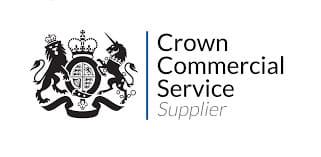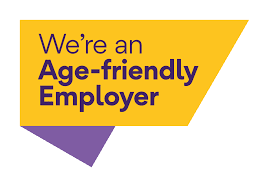Happiness: the key to success
As a company, how do you lead your employees to be happy? A global survey by the Boston consulting group sheds some light on the matter.
Globally, the number one reason for an employee’s happiness at their company is appreciation of their work. Yet, interestingly, in the UK this only ranks as the fourth most important reason. The three foremost are, respectively, a good relationship with your colleagues, a good work life balance and a good relationship with your superiors.[1]
However, although it is possible for companies to increase their employee’s wellbeing to some degree, a great deal of the work will have to accomplished by the employee. One of the most important elements for an employee’s happiness is the ability to enjoy one’s professional occupation and to be truly engaged and immersed in what you are doing. This might mean choosing a professional occupation that is, as George Lucas puts it, “something that you can start at 9 o’clock, look up from your work and it’s 10 o’clock at night ….”
This is backed by research from Mihaly Csikszentmihalyi. Csikszentmihalyi is a Hungarian-American psychologist who was the first to recognise and name the concept of “flow”. Flow is when an individual’s competency level in a task and the challenge offered by the task at hand are both high. When these factors are united, the individual can be said to be in a state of “flow”, an emotional state that induces a great degree of happiness as well as a distortion of the perception of time. The concept of flow has been linked by multiple studies to happiness.[2]
Therefore, uniting an individual with a task that he is qualified for and feels great purpose and pleasure in doing is essential to happiness in the workplace.
Looking at this through the lens of the BCG study discussed above, where the number one factor for job satisfaction is appreciation of one’s work, it is hard to imagine that any employee would feel that their work is appreciated if they don’t even believe in its value themselves.
In this sense the role of recruiters can be crucial as they are tasked with pairing candidates with roles that must suit their abilities and interests.
Another angle that is important to investigate is that of the traditional paradigm of work/life balance. Jeff Bezos believes that this traditional mantra is a flawed way to look at the relationship between work and home life.
For Amazon’s founder, instead of viewing the life/work dilemma as a balance, which creates antagonism between the two, he views the paradigm as a circle. He suggests that when you are happy at work you will come home full of energy, and when you are happy at home, you will bring that positivity to work.
According to his philosophy, work and home life complete each other and are interconnected. If one isn’t working, it’s likely to affect the other. While this isn’t a panacea to solve personal unhappiness, it can be seen as a different – and helpful – approach to the traditional view of the work/home separation.[3]
[1]
https://www.bcg.com/publications/2014/people-organization-human-resources-decoding-global-talent.aspx
[2]
https://positivepsychology.com/what-is-flow/
[3]
https://www.cheatsheet.com/health-fitness/jeff-bezos-saysliving-life-all-wrong-if-want-true-happiness-heres-why.html/

Contact us
Call us on 07930 356305 or email HQ@russam.co.uk








